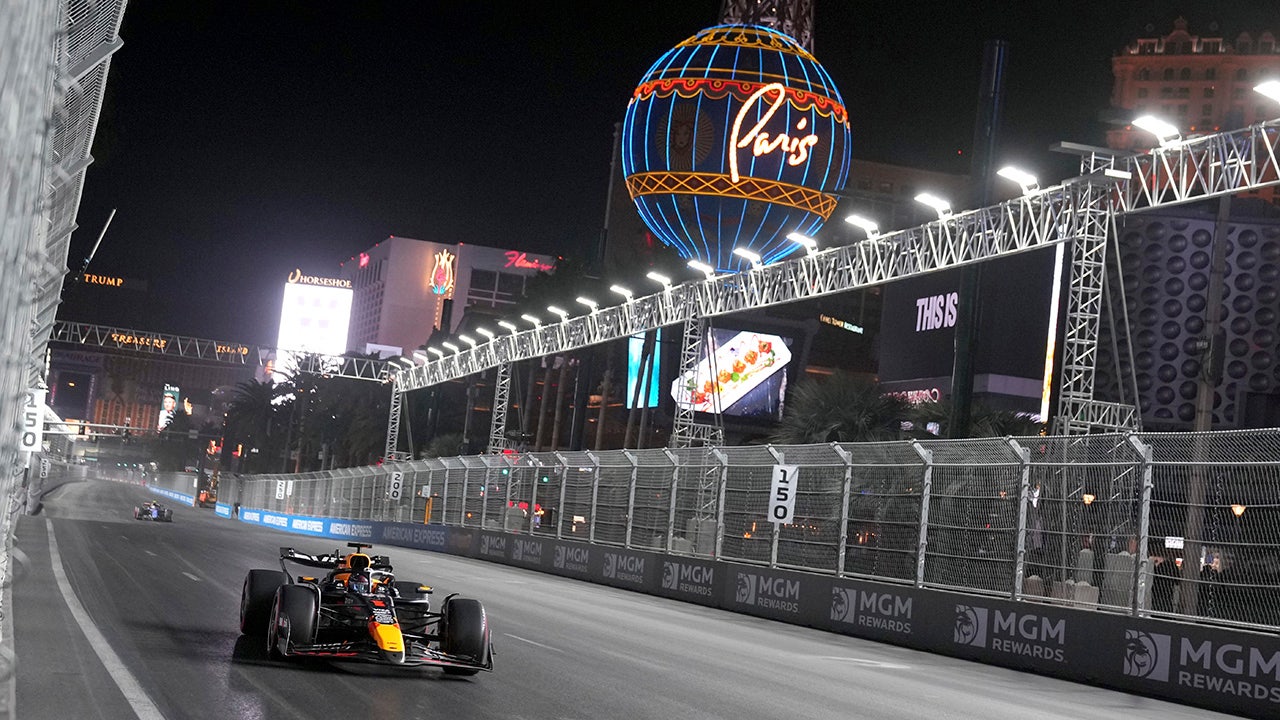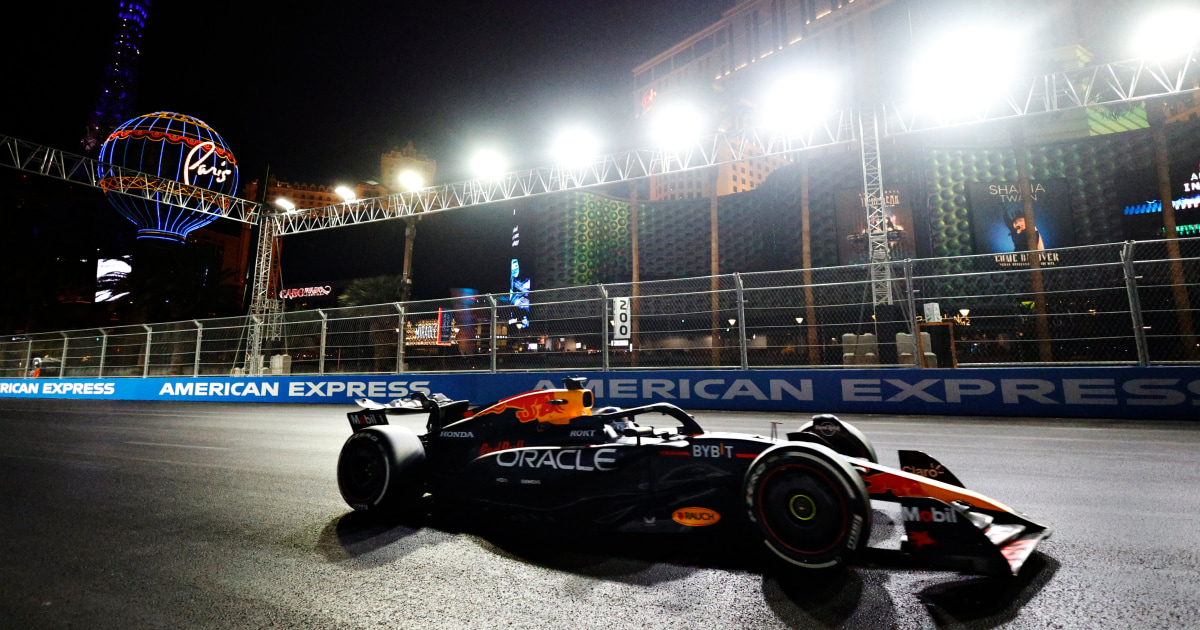Entertainment
Music past 11 p.m.? Reno bars might have to pay heavily for permission
After a recent update to Reno zoning laws, local bars that want to offer live entertainment after 11 p.m. have to apply for conditional-use permits — even those already approved as 24-hour establishments. And the application process can be time-consuming and expensive.
The Reno City Council recently refreshed the 2022 zoning code that establishes what businesses can go where, and for what uses, depending on their location.
The new code says that businesses in mixed-use zones are allowed to have live entertainment from 10 a.m. to 11 p.m. indoors. But to have live music after 11 p.m., the business must apply for a conditional-use permit.
This conditional-use permit requires a public hearing at the planning commission, a $5,000 application fee, two to three months of negotiations and approvals, and a handful of other requirements so businesses are up to code before granted the permit.
This process gives the opportunity for neighbors to complain about noise and give feedback about the site. The city can also add conditions to their permit, such as safety plans or specific hour requirements.
Why did the city of Reno update their live entertainment code?
Before the refresh, some businesses couldn’t get approval for live entertainment, even during the day, because of the assigned zone they happened to be in.
Assistant director for development services Angela Fuss said it was an “enforcement nightmare” because each business had its own set of rules, making it difficult to enforce across the board.
“So we said how about we clean this up? How about we allow live entertainment in every zoning district?” Fuss said.
As a result, the city created this code so every business with a cabaret license can have live entertainment during the day. The change made it easier to regulate, according to Fuss.
But the change also caught many businesses off-guard as they started receiving notices about needing an additional permit.
How do businesses feel?
Businesses that have previous approval of a cabaret license in late-night hours, or any permit allowing them to have entertainment in the late hours, don’t have to reapply for this $5,000 permit.
“As long as we have some record to show that they are approved for live entertainment, such as a cabaret license, then yes, they are grandfathered in,” Fuss said.
However, if the business owner changes, the new owner would have to apply for a conditional-use permit and meet all of the current zoning code requirements. This also applies to bars looking to add nighttime entertainment.
Tyler Colton, owner of The Emerson Cocktail Lounge in Midtown, said he believed the whole conversation was triggered by the addition of DJ Trivia and noise complaints from the new residents in downtown and Midtown.
Many businesses around Colton were unaware of the change, and carried on as usual. Until they started recently receiving notices of code violations.
“Even though we pay for a cabaret license, the only way to go after 11 p.m. is now to submit for a conditional-use permit, cost of $5,000, non-refundable and subject to community input and Reno (planning commission) approval,” Colton said.
“It is a lengthy process that can then be denied.”
He said code enforcement has been working closely with business owners to help. However, Colton said this code feels like an “overreaction” to one or two bars that flout the rules, keeping their doors open instead of closing them when the city asks, or others that play music past their permitted times. He said this decision inadvertently affects the business owners who have been following the rules for years.
“Now they’re stifling it by adding these extra fees to just do what is normally spotted at a bar,” Colton said.
Colton is unsure whether The Emerson is grandfathered in, or if they have to apply for the permit, but he is working with the city to find out.
Colton suggested creating entertainment zones where businesses have less demanding restrictions. However, many downtown and midtown bars are surrounded by residential buildings and homes, so the restrictions are to balance their needs as well.
But Lacey Shea, owner of Shea’s Tavern on South Virginia Street in Midtown, argued the bars were here first, and for a lot longer.
“My family had been on the block for the last 50 years doing live entertainment … and then for people to move there and say it’s too loud,” Shea said. “It’s like, whoa we’ve been here way longer than you guys.”
Shea said her bar is grandfathered in, but her concern is bars around Shea’s will have to shut down at night until they can apply for the conditional-use permit.
Shea is concerned this will kill the nightlife in the area, which may harm her business as well as others.
“We need to keep Reno live,” Shea said. “If we shut down at 11 o’clock, with no music, what is that doing for our nightlife? It’s downtown Reno and a 24-hour town. It’s the Biggest Little City. We’re supposed to have some energy around it.”
Jessica Vaughn, a representative of West Second Street Bar, said the bar has had the same ownership passed down through family since 1916. Vaughn said because of that, she believed they were grandfathered in. But the bar was receiving notices to apply for the permit. Now West Second is working with the city to straighten everything out.
“I just want to have a good relationship with the city. That’s why I did all the permit work. If we have to do it, we’ve got to do it,” Vaughn said.
Has a conditional-use permit been denied?
Even if the planning commission approves a bar for late night entertainment, residents can appeal to the city council over noise or other complaints.
“I can’t think of any in recent years where we denied one,” Fuss said. “But I would say, 99% of the time we work with the business owner to try and get to a place that meets our zoning code requirements and gives them the tools to operate their business the way they want to.”
In February, local bar Reno Axe applied for the conditional-use permit to have live entertainment past 11 p.m. in the basement on Thursday, Friday and Saturday.
A handful of residents complained about the noise, but the planning commission approved the permit. A resident appealed the approval over concerns about noise and safety. The city council in March upheld the approval.
In August, Lo-Bar Social, a bar that opened in May 2023, went to the planning commission to obtain a permit for indoor live entertainment until 2 a.m. The California Avenue business got a cabaret license in 2023, but had no approval for entertainment past 11 p.m.
The code enforcers recently caught them for having entertainment beyond the standard hours. The bar submitted the permit application and was approved.
Jaedyn Young covers local government for the Reno Gazette-Journal. Her wages are 100% funded by donations and grants; if you’d like to see more stories like this one, please consider donating at RGJ.com/donate. Send your story ideas and feedback to Jaedyn at jyoung@rgj.com.










